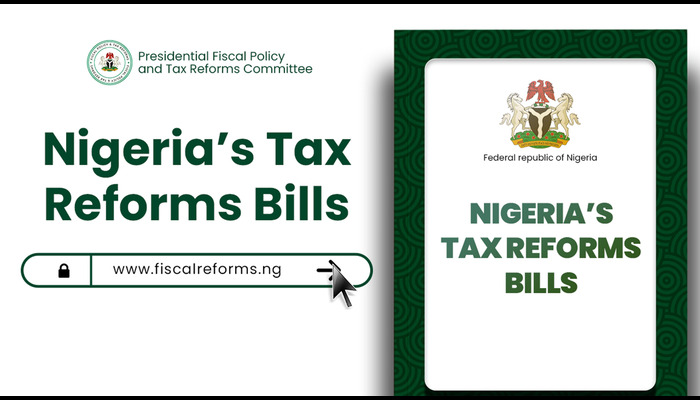Nigeria’s newly enacted Tax Reform Acts are designed to stimulate investment, enhance revenue generation, and promote equity within the tax system, according to tax policy expert Uzoma Kelechi.
Speaking at a virtual capacity-building workshop organised by the Tax Justice and Governance Platform in partnership with the Civil Society Legislative Advocacy Centre, Kelechi described the reforms as a deliberate shift towards a progressive, pro-poor framework.
“In the past, the tax system was narrow and regressive, placing a heavier burden on everyday Nigerians,” Kelechi noted. “The new tax laws, introduced through the recent Finance Acts and the 2025 Tax Reform Bills, will broaden the tax net and ensure that wealthier individuals, large corporations, and luxury consumption contribute a fairer share.”
The Tax Reform Acts, signed into law on June 26, 2025, consolidate and modernise Nigeria’s tax framework, expand exemptions for essential goods and services, introduce a higher personal income tax threshold, and implement measures to ensure large corporations and multinationals pay a minimum effective tax. While the statutory Value Added Tax rate remains at 7.5 percent, the reforms broaden zero-rated and exempt categories to ease the burden on low-income households.
Policy analysts note that while the reforms are intended to stimulate economic activity and protect vulnerable groups, their success will depend on effective implementation, enforcement capacity, and Nigeria’s broader economic conditions.

